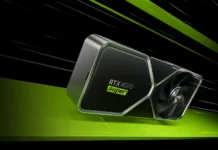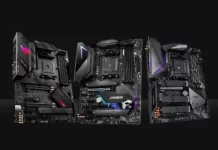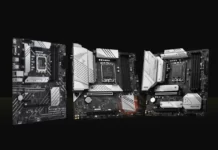AMD has released its HIP Ray-Tracing library as open-source, enabling developers to seamlessly integrate RT capabilities into applications and utilize them effectively.
According to Phoronix, AMD has open-sourced its HIP RT library, simplifying coding for applications based on HIP.
AMD’s HIP (Heterogeneous-Compute Interface) serves as a versatile API, enabling programmers to craft universal code that runs across various interfaces, including those from AMD and NVIDIA. Serving as a translation layer, it facilitates seamless utilization of one computing platform over another. With the RT library now open-sourced, developers are poised to reap significant benefits in the development landscape.

Although AMD hasn’t provided explicit reasoning for open-sourcing HIP RT, speculation suggests it could be tied to a request from TinyCorp, an AI startup. TinyCorp encountered issues with certain elements of AMDGPU libraries not being open-sourced, potentially including HIP RT. While the exact connection remains uncertain, the decision appears influenced by such factors. Nonetheless, it’s commendable to witness AMD taking proactive measures to enhance developer empowerment on the platform.
This release introduces the following:
- Multi-level instancing
- Triangle pairing
- AS Compaction
- Optimized BVH build speed
Features
- Ray triangle intersection.
- Ray custom primitive intersection.
- Ray mask to filter geometries.
- Several bounding volume hierarchy (BVH) options.
- Load and store BVH handy for offline construction.
- BVH import.
- Motion blur.
Requirements
HIP RT is compatible with both AMD and NVIDIA GPUs. The HIP and CUDA® APIs are dynamically loaded, eliminating the necessity for SDKs if the corresponding dlls are installed via the driver package. Hardware-accelerated ray tracing is exclusively supported on RDNA 2 GPUs (Radeon RX 6000 series or newer).
The AMD GPU architecture families that are supported include:
- Navi3x (Radeon RX 7000 series).
- Navi2x (Radeon RX 6000 series).
- Navi1x (Radeon RX 5000 series).
You can obtain the open-source HIP RT libraries from GPUOpen.com, as that’s where AMD officially announced their release.
News source: wccftech.com



































